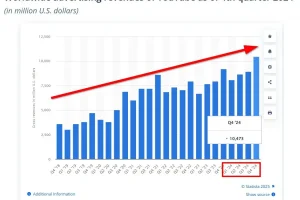If you have a business that is experiencing financial problems, there are a few short term sources of finance that you can turn to for help. One of the most common is trade credit, which is generated by the business itself. It is a form of working capital, as it allows the business to sell goods or services without incurring any interest. The duration of the trade credit period depends on industry customs and the credibility of the buyer.
Short-term financing has several distinguishing characteristics. It is often faster and easier to qualify for, offers a lower cost of capital, and has a shorter repayment period. It is typically used to fund working capital, buy inventory, or address cash flow problems. Short-term financing is available from various sources, including trade credit, commercial bank loans, factoring, and business loans. In general, short-term loans are a good choice for companies that require short-term funds, but they may also be a riskier option if you need a longer-term loan.
Another option for short-term funding is peer-to-peer financing. This type of funding requires less time in business and lower personal credit scores. As a result, businesses that are less than perfect may only qualify for short-term finance. You can also find short-term finance with a revolving credit agreement. If you are planning to start a business, you can look for the best option for your situation.
Another option for short-term financing is accrual financing, which is a type of debt. In this type of finance, you do not incur an interest charge on your assets. However, it must be noted that accruals increase as the business grows. You cannot delay the accruals indefinitely and should therefore use this source as a last resort. It is important to remember that accrual financing is not discretionary and should only be used in rare situations.
Trade credit is the largest source of short-term finance for businesses. Trade credit allows businesses to buy their inventory without immediate payment of cash. Trade credit provides an attractive floating time of up to 28 days. This is a good option for businesses that have limited cash on hand. In contrast to trade credit, inventory financing does not require the business to pledge any assets in order to get the money. But beware of excessive trade credit policies that can make it difficult to repay the loan.
A third type of short-term finance is trade credit. In this type of finance, a business buys supplies on credit from another firm and records the debt as account payable. While this form of financing is unsecured, it may require a bank guarantee depending on your credit worthiness. Once the purchase is complete, you pay the factor the balance, usually 75 to 80 percent of the invoice value. You are then free to sell the remaining money to another business.
Another source of short-term finance is commercial bank lending. It is second only to trade credit as a source of short-term finance. Commercial banks play a pivotal role in the money market. As a result, they often provide additional funds as the business firm’s needs increase. In return, the firm signs a conventional promissory note with the bank and repays the money in lump sums at maturity or in installments over the life of the loan.








